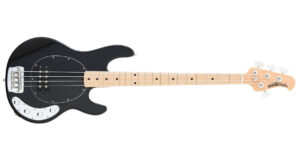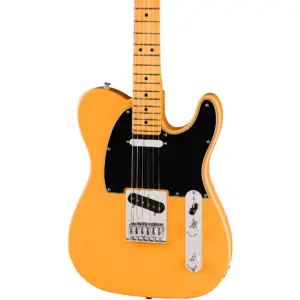Asees Kaur has successfully carved a niche for herself as a playback singer with her melodious voice and versatile songs. In an exclusive interview with us, the singer chats with us about her start as an artist, on independent music, her recent Filmfare award, and more.
Read on to discover more..
Tell us about your initial years as an artist in the industry and how you started out
When I came to Mumbai 8 years ago, initially it was all about getting that one meeting sorted with that one music composer and I used to try for that sometimes like a week, or even fifteen to twenty days.
It was all about meeting more and more music composers and presenting my voice and then praying to get to sing even for just the scratch of the song, so that meant a lot. It was more about hustle and bustle at that time.
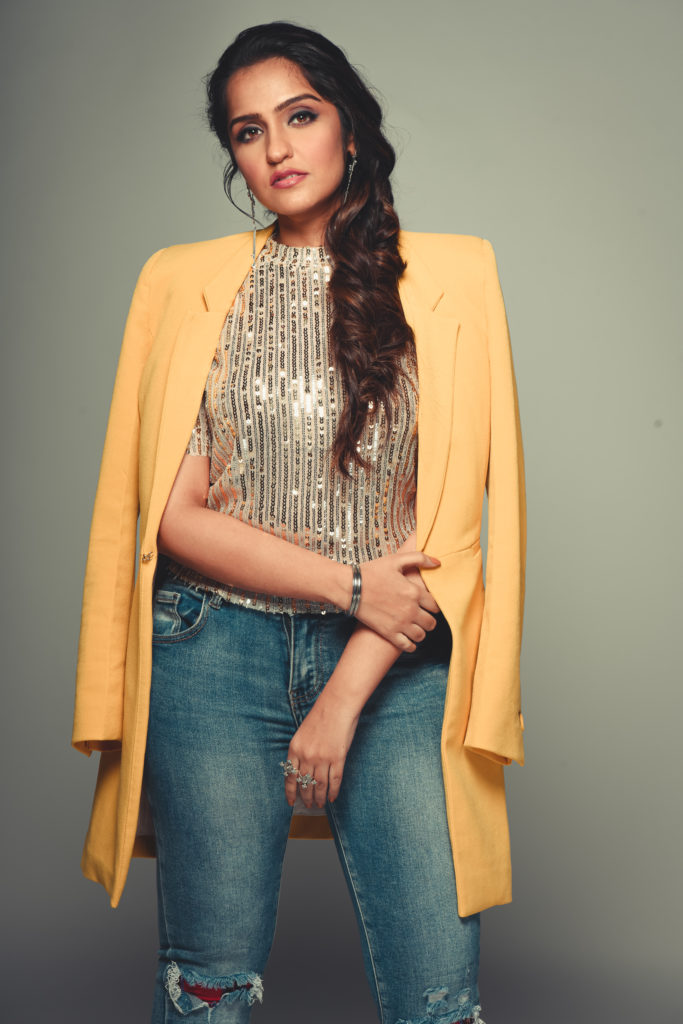
You are a very versatile singer and have sung numbers ranging from soulful to peppy tunes. How important do you think it is for an artist to be open to singing all types of songs? How did you adapt and do this?
Yes, I’m really blessed that I got to sing soulful and peppy numbers and I’m glad that I’m not typecast for just romantic songs which I sang initially in my career. I think it is very important to sing all kinds of songs.
For me my adaptation is only to feel the song and then I try to communicate that feeling through my singing. I just imagine myself sometimes in a romantic situation, if it’s a club number I imagine myself dancing to that song in a club. That’s how I adapt and I just sing my heart out.
In a competitive industry such as Bollywood, how do you think an artist can stay relevant?
Bollywood is very competitive, or I should say this world is very competitive and for an artiste to stay relevant it is only possible if you’re true to yourself and to your art. To be relevant you have to click with the audience, so you have to notice what the younger generation is listening to and what they connect with.
I think when you make songs which cater to their emotions and you communicate their feelings through the songs, that is how you stay relevant. Also working on yourself and your art is something which keeps you up to date and I think that’s the job.
You recently won a Filmfare Award for ‘Hui Malang’. How did that feel? What do awards mean to you?
Receiving Filmfare for ‘Hui Malang’ was literally a dream come true. I used to sit in Panipat and watch Filmfare Awards on TV and see everybody receive those awards. I used to imagine the feeling of getting the award. So, when it really happened it was very surreal. In fact for almost two days I wasn’t able to believe that I literally have the black lady in my home.
So, that’s absolutely amazing! I’m really blessed that I received my first Filmfare this year. Many people say that awards don’t matter to them. But I think it was my dream to win an award from the music fraternity, from the best people judging and then receiving recognition for my talent, for my work, really means a lot to me. So, I thank all the jury members and esteemed musicians who thought that this year I should win.
When was that path breaking moment for you and how did you achieve it?
My path breaking moment would be the moment I decided to come to Mumbai because I belong to a non-musical family. My parents were skeptical about sending me here to struggle and try my luck.
They always had this fear that they’ve no idea how the industry works. But when they decided to give it a go, I came to the city and started meeting people. If I didn’t have that courage to come to Mumbai and try for my dream life and would not be sitting here and enjoying this life here today.
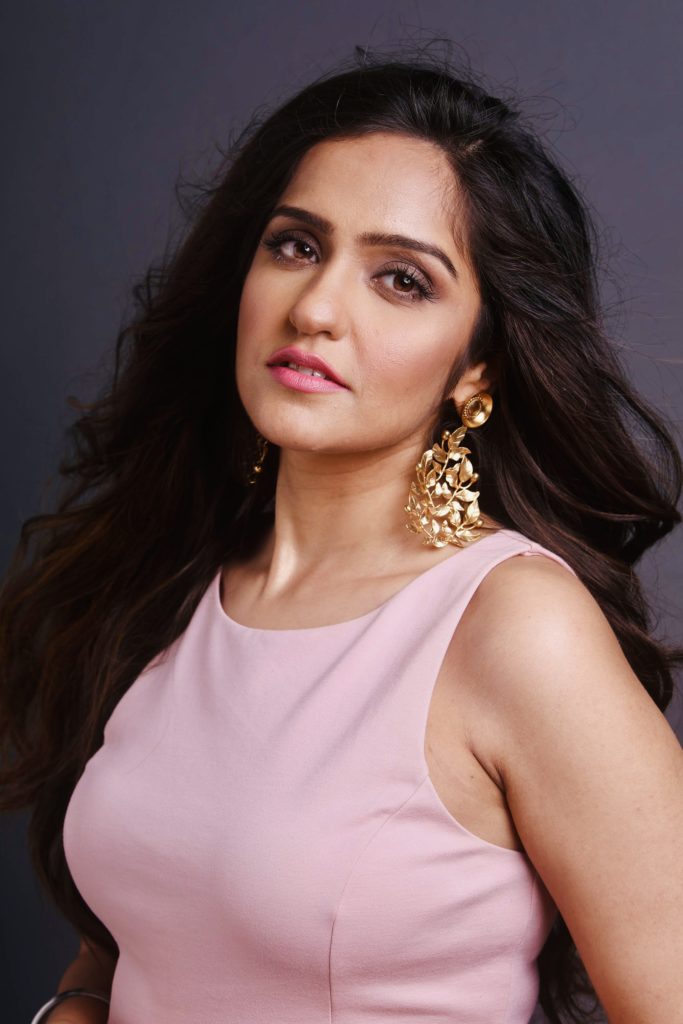
In an age where Independent music is taking over the scene, what’s your opinion on more artists creating original music? Can we hear more independent music from you too?
I’m really happy that in the last two years independent music has been doing great also because film music was on hold mostly and people always have this urge to listen to new music. So, it was there to cater to their demands and requirements and fill our lives with happiness and emotions. I think music is the best way to convey feelings.
Independent music has done a great job and I’m really happy that the change of focus from film to independent music is happening. I’m open to do more independent music. I’ve done a lot of singles in the last two years and a lot more is in the pipeline. I’m coming up with some amazing numbers. So, yes you’re definitely going to be listening to more independent music from me.
In a very short span of time, you managed to sing for popular composers and gave super hits. Did you expect this?
I’m really glad that I got to sing for the most amazing composers and I have some of the biggest hits in the last 7-8 years. I always prayed for it, hoped for it, I dreamt for it, but as for expectation I think in this industry it is very difficult to expect as you have no idea what will be the scenario in the next two or five years as to what kind of music people will be listening to. So, I didn’t expect this life but dreamt of this life and I’m really happy that I’m living it.
Is it important to be in influential camps or under the aegis of a godfather to get a break at the right time at the right place, because in the age of abundant talents, often the industry loses out on a bonafide vocalist due to lack of proper scope, exposure and backing?
I belong to a non-film background and had no one who could introduce me to the industry or any godfather. Being a part of any influential camp or having a godfather and on the other hand coming from a non-film background, I think both the things coexist in the industry. And there should be a balance for it.
Because if we say that camp should not be there, then it doesn’t make sense for the people who have worked hard for their lives, they want their children to be a part of the industry. It is very natural for a parent to introduce his/her child into the industry and they should do that.
At the same time there should be enough opportunities for the people who are coming from a non-film background from smaller cities with a lot of dreams and hopes in their eyes. They should have equal opportunities and the industry can only flourish then.
Otherwise, I believe that talent always makes way for itself and if you’re talented, no matter what, you’ll get work. All that matters is that you do your hard work and give your hundred percent and definitely you’ll get whatever you deserve.
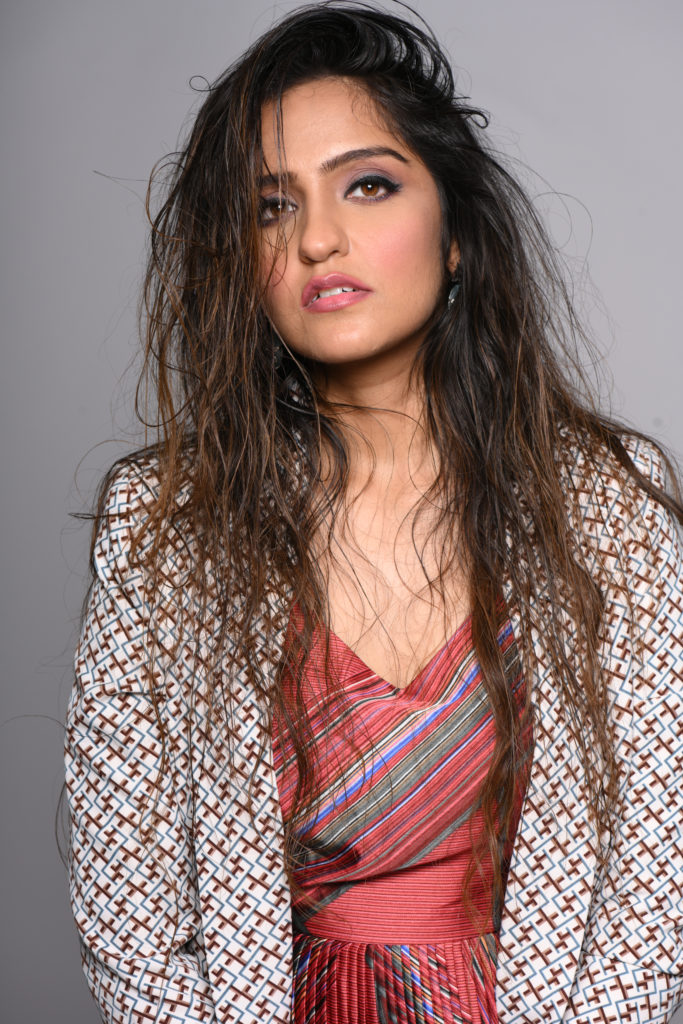
Till recently, the debate on star-kids versus rank newcomers from outside was raging on. What’s your take on this? Even you had made inroads through a competition and never got an easy launchpad like a home production. Were you ever treated like a stranger on the industry’s threshold when you were a fresher?
I think this happens in every industry. If you’re a businessman, you will definitely give your business to your own child. You won’t give it to your manager’s child or your employee. You will give your business to your child only. This happens whenever a big actor/actress wants to launch their child. They get this opportunity on a silver platter which is really okay, but at the same time I’d say that the industry should be welcoming to newcomers. There’s immense talent coming from outside.
Star-kids have their own baggage to prove in their first films while newcomers who are super talented, their struggle is to get that first film. Everybody has their own struggle. I think in the end if you perform well, if your film does well, in the theatres you have amazing box office numbers running, that’s something which matters.
Aap kitne bhi bade baap ke bete ho, agar aap acting achi nahi kar rahe to koi film nahi dekhne wala hai. On the other hand if you’re performing and doing your character amazingly well, people will love you. It is all about having that talent and then doing wonders.
I wasn’t treated like a stranger when I came to the industry. I felt that the music industry is very welcoming to all the new voices and textures and we’re really exploring in that sense so that’s really amazing.
In a digital post pandemic era, how have you leveraged the wave and stayed connected with your audiences? Do you connect with your fans on a regular basis? If yes, how?
The pandemic has taught us to do things we never thought we would be able to do. For me it was like I wasn’t that social earlier. But sitting at home, social media was the only way to connect with my fans, to have that hope that people are still listening, still enjoying lives.
So, I really connected with my audience through Instagram and Facebook. I love doing that now because it has become a part of my life. The pandemic has really changed a lot of people and it’s been really eye-opening for me too.
What are 5 important things you do before you step into a studio for a recording?
Whenever I have a dub, I wake up and I do my riyaz which is “kharaj ka riyaz” and then I pray before leaving my home. Next I just go to the studio, have some coffee, and listen to the song. This is my only ritual before going for a recording.
As a singer, maintaining your voice is very crucial. What are some steps that you take to ensure your voice is always intact?
Yes, it’s very important to maintain our voices. For that I follow a very strict sleeping pattern. I sleep at least for 7 to 8 hours. I think sleep is essential to keep my vocal chords in shape. I stay hydrated and another crucial thing that I do is vocal warm-ups before the dubbing and then cool downs after the dub and after the show.
What are some skills have you learned that will help you in your singing career?
In my singing career, one thing which I swear by is understanding the emotion of the song and then trying to deliver that emotion vocally. I think that really helps you connect with the audience and something I really look forward to. If I’m able to touch their hearts with my voice, my job is done. I sing songs only so they can feel the emotions.
Whether it’s a romantic or a sad song, they should feel it in their own heart as if it’s happening in their own lives. That’s the only thing that matters to me. It’s a skill every musician or singer should understand. If you’re singing for another composer, try to understand his or director’s point of view and know about the character who you’re singing for. That goes a long way.
How important is a formal music training accounting to you? When did you receive training for your voice?
I think formal music training is really helpful. Then you have a path and you know you have to follow that path to reach somewhere. Without training you’d have no idea of what is good for you or what practices or riyaz you should do.
It plays a great part in the life of any singer. I started learning classical music when I was in class sixth. It has really helped me in that way. Of course if you’re not able to get a guru or a proper teacher who can teach you, there are many videos on YouTube which tell you how to modulate your voice and try different things. There are vocal techniques which you can learn online and give it a try. If you’re willing to put in, there are many ways to learn.
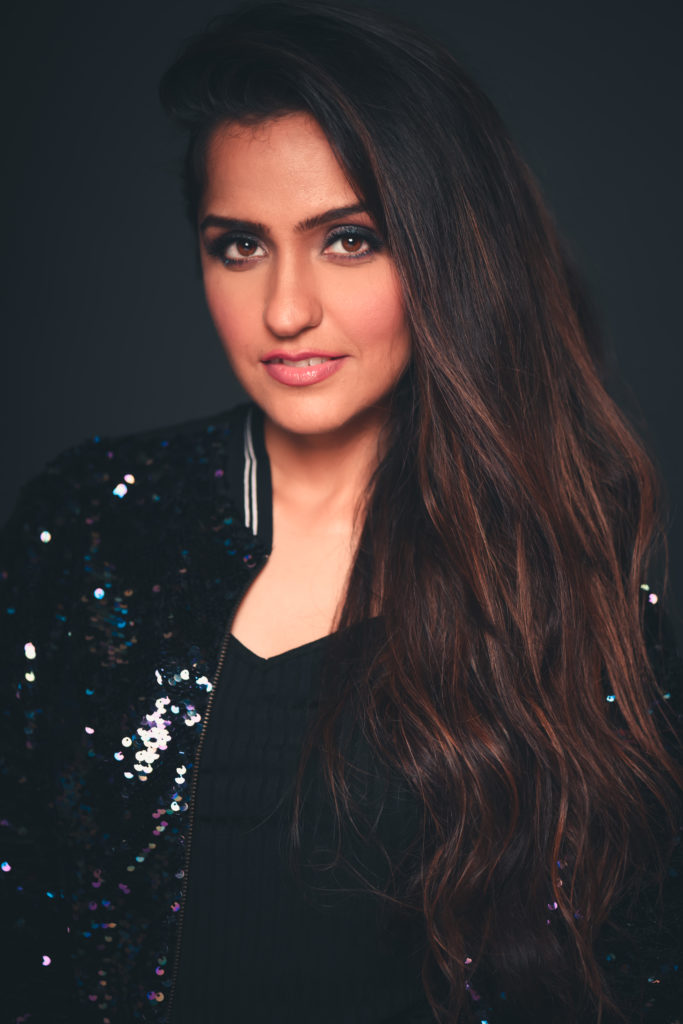
What’s your take on the industry being male dominated? Have you ever faced bias?
Well the industry is certainly male dominated, but I haven’t faced bias as such. The only thing is that female oriented films are made less in number and eventually females have less number of songs.
Female singers are still struggling to get good songs. Sometimes even when the song is based on a female, it’s a male singer singing in the background. It happens in the industry and I think the only solution to it is to have more female oriented films made, which would eventually lead to more female songs. It’ll be amazing actually if we’re able to achieve that!
If there was something you really could change about the industry, what would it be and why?
I find the industry pretty amazing. I feel there isn’t any need to change anything. I think if we just maintain a balance of non-film music and film music, that’ll be really great.
Living in a pandemic world, what were some of your biggest learnings in this phase? Did you get more time to create music?
Pandemic has been a learning experience for everybody. It really opened my eyes. Earlier I was very busy with all the work in my life as I was travelling for shows. But when it hit, we were forced to sit at home and be patient. I was happy initially but later in 3-4 weeks I started getting irritated by sitting at home.
It really affected me, physically and mentally. So, I started taking care of both my physical and mental health. I began online training with my trainer teaching from the other side of the phone. It was very challenging for me to workout without any assistance or help. But it helped me to become a better person as I also started doing yoga and meditation to keep myself calm. That eventually helped me focus clearly on my music as well.
You sing in different languages. How do you break the language barriers? Has it been easy?
I enjoy singing different kinds of songs in different languages. Definitely it’s not easy to sing in multiple languages especially when you have no idea of how to convey the emotions in words. So, I usually ask the lyricist to explain the meaning and then I go on with the same process of singing my heart out.
What musical genres or which artistes you generally prefer listening to?
I really like listening to sufi music, ghazals, shabads and gurbanis. Besides these I enjoy listening to Taylor Swift. She’s an incredible artiste. I enjoy her music thoroughly.
Your upcoming projects
A lot of good music is on its way. I’m coming up with some really good songs including independent releases. One is with the Haryanvi artist Renuka Panwar who has sung ‘52 Gaj Ka Daman’. The song crossed 1 billion views on YouTube. So, now we’re coming up with a Hindi version and it has both Haryanvi and Hindi touch. This is my first collaboration on a Haryanvi song, so I’m looking forward to it.
Apart from this I’ve a song coming up in an upcoming movie “Bellbottom” which is releasing on 19th this month. I recently had a song in “Shershah”. I’m happy that film songs are being released again. In non-film music, I’m coming up with a song called “Kashmiri Apple” on White Hill Music. These songs are in the pipeline and you’re going to listen to them very soon.
Rapid Fire
Your favourite studio to record in
My home studio which I set up last year. That’s the cosiest studio where I love to record.
A composer you would love to sing for
Vishal & Shekhar and A.R. Rahman
Name 3 actors whom you would like to lend your voice to
Deepika Padukone, Anushka Sharma and Priyanka Chopra
A song you cannot stop listening to
AP Dhillon – Insane
A song of another singer that you wish you had sung
Love You Zindagi from “Dear Zindagi”
Your own song you wish someone else would’ve sounded better
None. I love all my songs, so I never want anyone else to sing my songs.
Your message to budding playback singers
Do your riyaz sincerely. It is very important to be prepared for the opportunity when it knocks at your door. And, never lose hope. Sometimes things take time to happen, but they happen if you have faith and if you have worked for them.
Do Follow
Instagram – https://www.instagram.com/aseeskaurmusic/?hl=en




